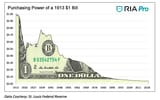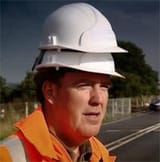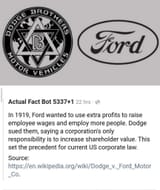Anonymous
(ID: GGerJiNL)
 8/4/2025, 10:50:31 PM
No.512233488
>>512233930
>>512234008
>>512235066
>>512235142
>>512235304
>>512235377
>>512235791
>>512236706
>>512237331
>>512237365
>>512237465
>>512237498
>>512237756
>>512237860
>>512238008
>>512238053
>>512238086
>>512238201
>>512238264
>>512238557
>>512239057
>>512241156
>>512241203
>>512241305
>>512243732
>>512244488
>>512244556
>>512245833
>>512246026
>>512252988
>>512253888
>>512254718
>>512255250
>>512255940
8/4/2025, 10:50:31 PM
No.512233488
>>512233930
>>512234008
>>512235066
>>512235142
>>512235304
>>512235377
>>512235791
>>512236706
>>512237331
>>512237365
>>512237465
>>512237498
>>512237756
>>512237860
>>512238008
>>512238053
>>512238086
>>512238201
>>512238264
>>512238557
>>512239057
>>512241156
>>512241203
>>512241305
>>512243732
>>512244488
>>512244556
>>512245833
>>512246026
>>512252988
>>512253888
>>512254718
>>512255250
>>512255940
images.png
md5: 3ef1ecd4... 🔍

If Trump crashes current home prices by 75% I promise you people will forget about Epstein.
Nobody will have time to care about that when a $1 million home is now $250k.
And it would be EXTREMELY easy to spin this as a good thing to normies.
So does Trump want to be remembered as the pedo president or the president that made housing affordable again?
Crash those house prices by 75% now.
Nobody will have time to care about that when a $1 million home is now $250k.
And it would be EXTREMELY easy to spin this as a good thing to normies.
So does Trump want to be remembered as the pedo president or the president that made housing affordable again?
Crash those house prices by 75% now.


















